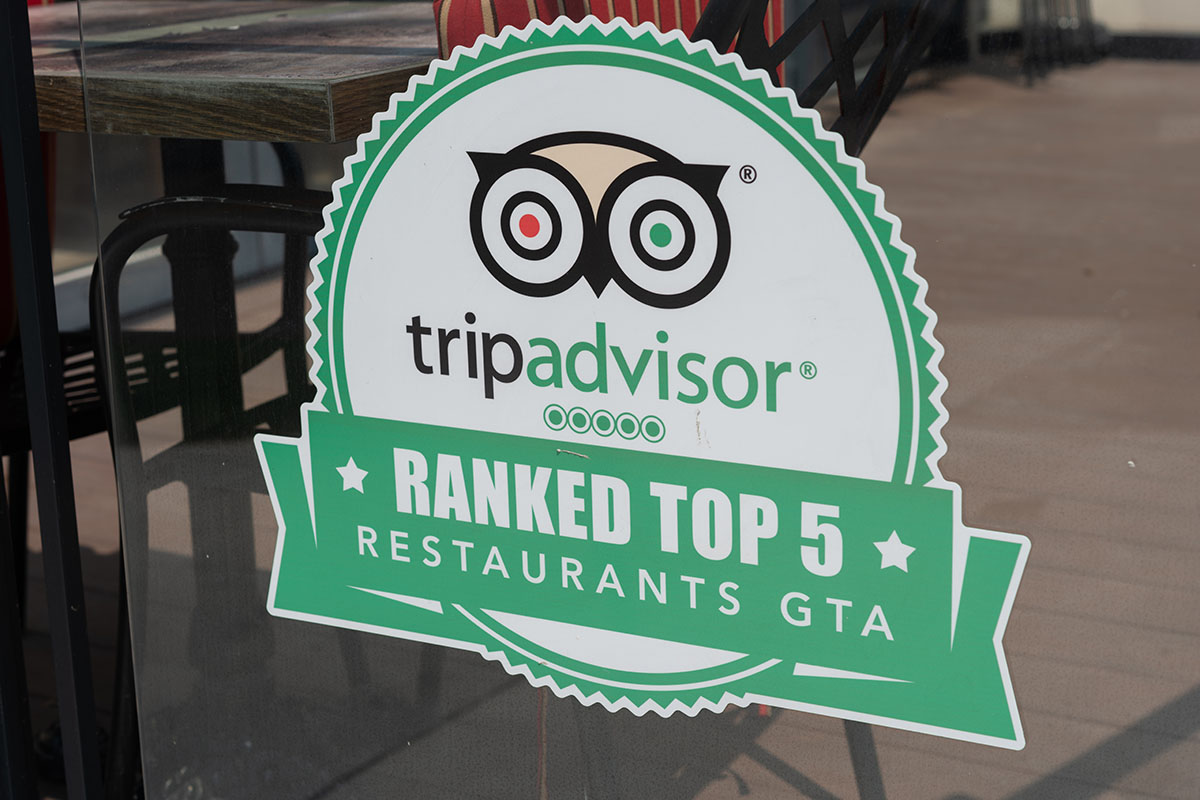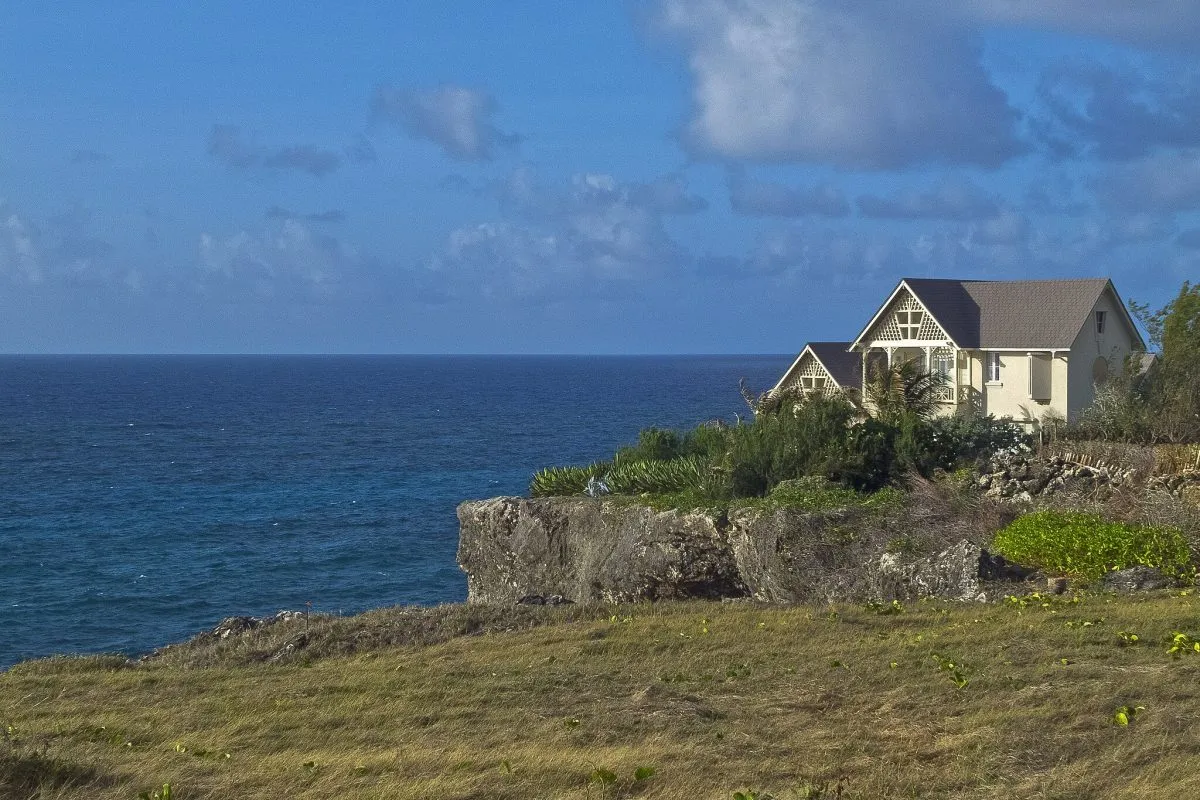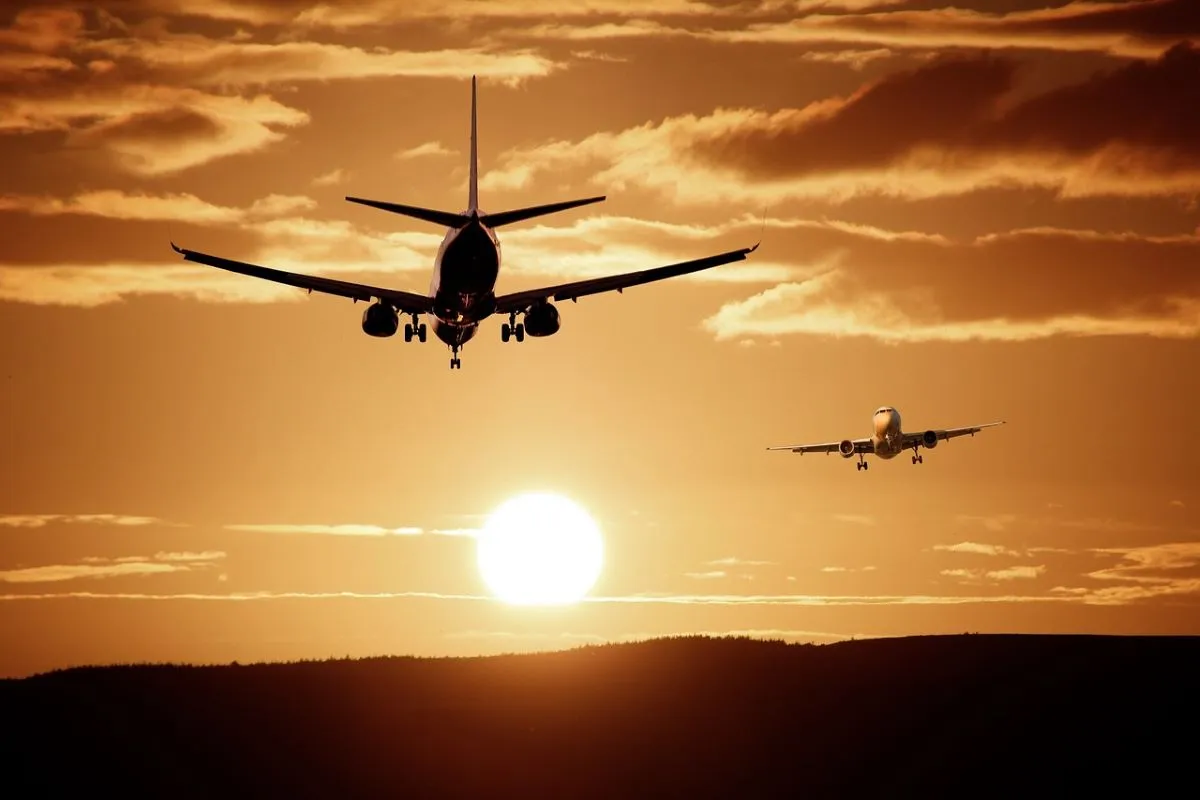Booking Holdings Posts a Record Quarter
Skift Take

Skift Daily Briefing Podcast
Listen to the day’s top travel stories in under four minutes every weekday.Good morning from Skift. It’s Thursday, November 3. Here’s what you need to know about the business of travel today.
Listen Now
🎧 Subscribe
Apple Podcasts | Spotify | Overcast | Google Podcasts
Episode Notes
The post-pandemic consumer travel bug is still alive and well, leading to the highest amount of quarterly revenue ever for Booking Holdings.
And more of those bookings for the online travel giant are happening via Booking’s mobile apps than even before the pandemic, so the company plans to strengthen its investment in that tech to capture as many future bookings as possible.
Executives shared some of their plans during an earnings call Wednesday evening for Booking Holdings, an online travel agency that owns the brands Booking.com, Priceline, Agoda, Kayak and more, writes travel tech reporter Justin Dawes. Revenue for Booking Holdings last quarter was $6.1 billion, an increase of 29 percent year-over-year, while net income increased 117 percent to $1.7 billion.
Next, Rwanda-based airline RwandAir has a grand plan to take advantage of its central location in Africa to create a route network that serves multiple countries across the continent. But the plan remains on hold while the carrier waits for crucial investment from Qatar Airways. To learn more, Edward Russell, editor of Airline Weekly, a Skift brand, spoke on Wednesday with RwandAir CEO Yvonne Manzi Makolo while she was visiting Washington, D.C.
Speaking at a luncheon at the International Aviation Club, Makolo said that long-running talks for Qatar Airways to buy a 49 percent stake in state-owned RwandAir are still ongoing despite starting two years ago. She didn't provide a timeline on when the companies would seal the deal. But Maokolo said the investment would spur her carrier's growth by letting it add to its fleet of a dozen planes. Africa’s largest airlines today, such as Ethiopian Airlines, Kenya Airways, and Royal Air Maroc, all operate hubs that are poorly located for pan-Africa connectivity.
Finally, it turns out that demand for virtual experiences is thriving even as in-person travel returns. Back in 2020, a few travel companies offered virtual tours to survive the pandemic, but many have sunsetted those products since then. Yet Travel Tech Reporter Justin Dawes found a handful of online tour businesses that have stuck with a virtual product.
One company called Beeyonder hires guides to provide live virtual tours on demand. The Boston-based company has found steady clients with particular audiences, such as senior living communities. CEO Brittany Palmer said her company's third quarter was 12 times bigger than a year ago despite the broader return to in-person travel.
Other brands such as Our Travel Circle and Heygo, said they have continued to see virtual tours thrive through business-to-business partnerships, such as deals with schools and museums. For example, Our Travel Circle said it has focused on tours for special interest groups and museums, and that it has conducted a weekly tour for the past year for the Museum of Jewish Heritage for people interested in experiencing the museum remotely.





